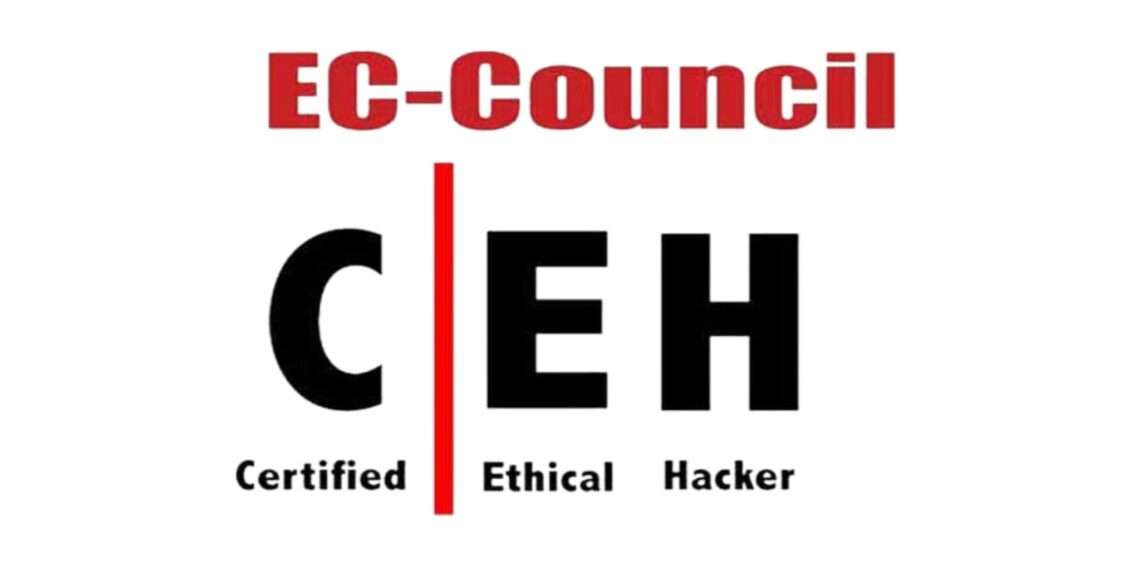
What is Ethical Hacking?
A legitimate attempt to acquire unauthorized access to a computer system, application, or data is referred to as ethical hacking. Copies of malevolent attackers’ tactics and maneuvers are used to carry out ethical hacks. By using this technique, security flaws can be found and fixed before a malicious attacker has a chance to take advantage of them.
What is a Certified Ethical Hacker?
Certified ethical hackers, also referred to as “white hats,” are security professionals who carry out security evaluations. They contribute to strengthening an organization’s security posture through their proactive activities. The goal of ethical hacking is different from malicious hacking because it is done with permission from the organization or owner of the IT asset.
What are the main ideas behind ethical hacking?
Four important protocol ideas are followed by hackers:
- Remain compliant with the law. Prior to entering and conducting a security evaluation, hackers are required to obtain the necessary authorization.
- Establish the scope. Hackers are mandated to establish the parameters of the assessment to ensure that the work to be done is lawful and within the permitted restrictions of the organization.
- Disclose any vulnerabilities. All vulnerabilities found during the evaluation should be reported to the organization. The hackers are also supposed to give recommendations for addressing these issues.
- Be mindful of data sensitivity. In addition to other terms and conditions required by the evaluated organization, ethical hackers may be forced to sign a non-disclosure agreement depending on how sensitive the data is.
How are ethical hackers different than malicious hackers?
Ethical hackers use their expertise to safeguard and advance an organization’s technology. By hunting for weaknesses that could result in a security breach, they offer these companies a crucial service.
An organization is informed of the discovered vulnerabilities by an ethical hacker. They also offer advice on corrective action. The ethical hacker frequently conducts a re-test with the organization’s approval to make sure the vulnerabilities are completely fixed.
What knowledge and credentials should an ethical hacker possess?
An ethical hacker should be proficient in a variety of computer functions. They frequently specialize in one particular aspect of the ethical hacking field, becoming subject matter experts (SME).
The following are certain pre-requisites that all ethical hackers should possess:
- Knowledge of scripting languages
- Expertise with operating systems
- A solid understanding of networking.
- A strong foundation in information security concepts
How Tsaaro can help?
Among the Cyber Security Certifications provided by Tsaaro Academy, the Certified Ethical Hacker (CEH) (v12) Certification is the most thorough program for network security experts. Network administrators, auditors, and other professionals’ practical security knowledge is validated by this widely recognized certification. Due to its vendor-neutral material, this course covers a wide spectrum of network security principles.
The certified ethical hacker training course will instruct students on hacking from a totally practical approach, adhering to the principle of “Learning by Doing.” In this course, you will carry out each stage, from scanning and finding susceptible targets to hacking those systems and suggesting remedies.
The practical approach helps the student obtain a solid understanding of the hacking tools and techniques. The simulated lab environment will demonstrate how real hackers circumvent the company’s multi-level defenses. This course not only teaches you how to hack, but also covers social engineering, DDoS attacks, intrusion detection techniques, and the production of viruses.
Similar to a certification program for penetration testers, the certified ethical hacker training program attests ethical hackers. Businesses frequently employ ethical hackers with the organization’s express agreement to evaluate the security of their networks or the vulnerabilities of their websites. We try to mimic the malicious hacker’s techniques and check the network for weaknesses. He attempts to exploit the faults he discovers in order to evaluate the strength of the network and suggest the best preventive actions.
Most countries view hacking and unauthorized access to any network or system as crimes. Therefore, companies must give the employee a contract before allowing an ethical hacker access to their system or network. In this case, it is recognized as lawful hacking. The key point is that an ethical hacker is allowed to examine networks and computer systems.
Regarding the Course
Twenty modules make up the CEH v12 Online Training program, which provides aspiring ethical hackers with the foundational knowledge they need to thrive in the cybersecurity field. These modules include a range of technologies, techniques, and procedures.
The CEH v12 Course is still being updated to reflect the most modern operating systems, exploits, instruments, and methods in its 12th version. It is given via a meticulously planned training routine, which usually lasts five days.
The topics covered in the training curriculum are evenly divided between knowledge-based education and real-world application using our cyber range. Every approach covered in training is supported by step-by-step experiments conducted in a virtualized environment with real targets, live tools, and susceptible systems. Thanks to our lab technology, each participant will have plenty of opportunity to practice their knowledge and skills.
Learning Outcomes include analysis of footprinting and Reconnaissance, Malware Firewalls, IDS, and honeypots for a wireless network, security Assessment of Web, IoT, and Mobile Security Vulnerabilities.
CEH v12 Online Training will be conducted in the form of 4 practical sessions with live case studies, 2 recorded lectures as well as instructor-led training.
The CEH (v12) – Certified Ethical Hacker Training course at Tsaaro Academy will teach you the following skills, among many others: advanced hacking concepts; firewalls, intrusion detection systems, and honeypots; advanced-level log management; analysis of network packets; backdoors and Trojan horses; system hacking; and more.
